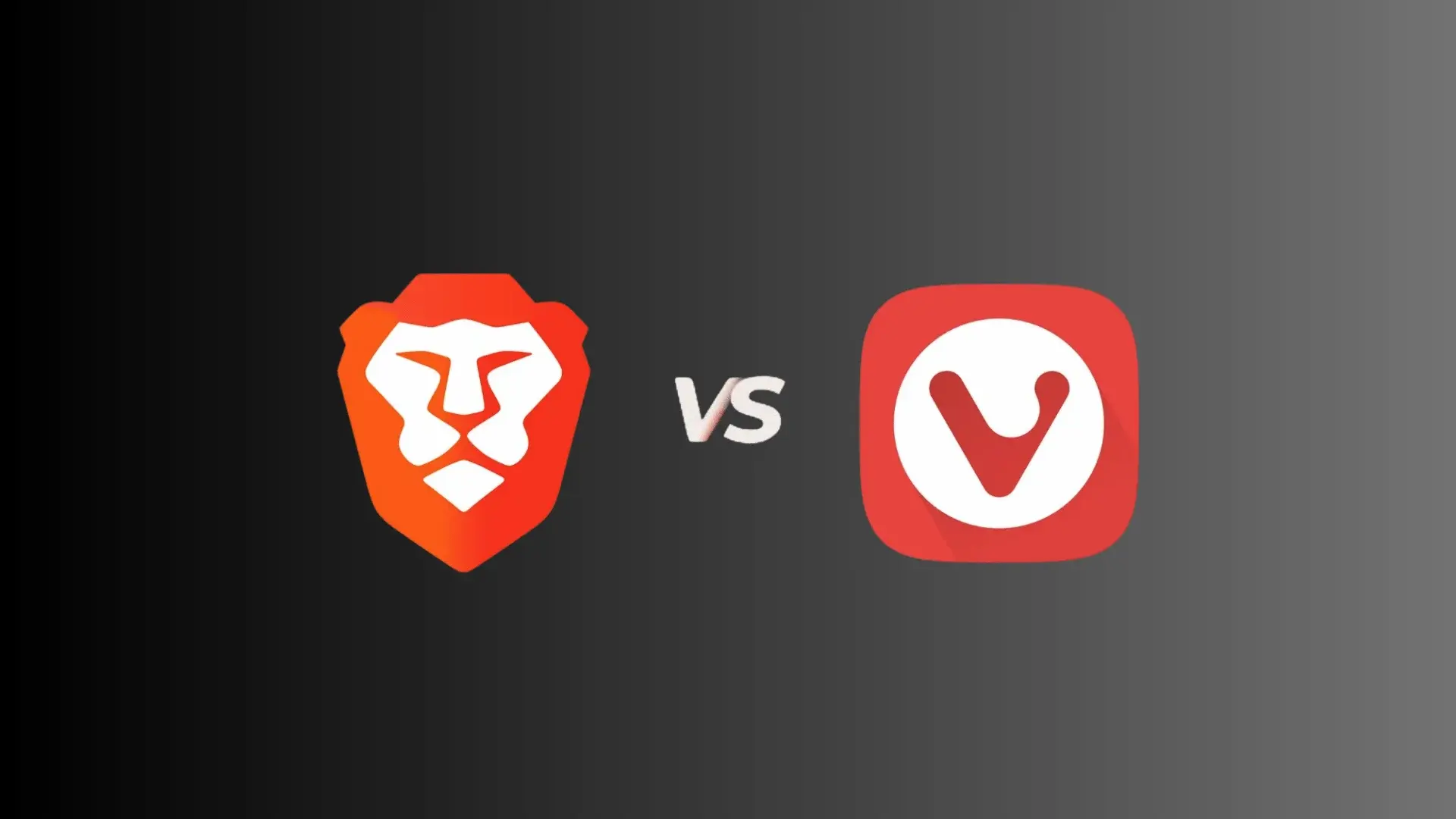Microsoft Edge and Mozilla Firefox have always been good alternatives when someone decides to leave Chrome, but beyond these popular names, there are even more advanced options in terms of privacy, performance, and built-in features. Two of them have recently started to stand out: Brave and Vivaldi.
On one hand, Brave has gained fame as one of the best browsers for blocking intrusive ads, especially on platforms like YouTube, offering a much cleaner and safer browsing experience. On the other hand, Vivaldi, a lesser-known but very powerful European project, has positioned itself as a robust option thanks to its high level of customization, attractive design, and features like a free VPN that’s not easily found in other browsers.
Both are designed with demanding users in mind—those who value aesthetics as much as privacy—and have started to catch the attention of people looking to move away from traditional browsers. However, if you’ve been using Chrome or another browser for years and are considering making a switch, you’re probably wondering which one best fits your needs.
Which One Has the Best VPN?
One of the most interesting extras these browsers offer is a VPN. It’s something not many competitors include by default, so right off the bat, it’s a strong point for both. But be aware—they don’t work the same way, and certain details might make you lean toward one over the other.
Brave includes a feature called Firewall + VPN, which is quite comprehensive. You can use it on up to 10 devices simultaneously, it has a good level of encryption, and it's very secure. However, there's a catch: it’s not free. It costs about $9.99 per month, so if you're not willing to subscribe, you probably won’t get much use out of it.
Vivaldi, on the other hand, relies on Proton VPN, a fairly well-known service that, best of all, is free. You can activate it without paying anything and browse with your IP protected. The only downside is that you can’t choose the country you’re connecting from—it’s assigned automatically. If you want more control (like choosing your location or accessing higher speeds), you can go for one of Proton’s paid plans, which cost around $7.93 per month.
In summary: Brave offers a very solid VPN, but only if you’re willing to pay. If that’s not an issue for you, you’ll get an excellent tool. But if you prefer something free, simple, and functional, Vivaldi with Proton VPN is a hassle-free option. It all depends on what you need (and your budget, of course).

Privacy Options
When it comes to privacy, ad and tracker blockers are essential. No one wants to browse with a thousand annoying banners or cookies tracking every click—let alone leave the door open to potential attacks. Both Brave and Vivaldi perform well in this area, but each brings something different to the table.
Vivaldi comes with a fairly decent built-in ad and tracker blocker. It handles the basics: it protects you from the most annoying elements and some common threats. But if you're looking for something more comprehensive or aggressive against tracking, Brave takes the lead.
Brave not only blocks almost everything by default, it also offers extra features like the ability to open a private window using Tor, which provides a much higher level of anonymity. It's like putting a double lock on your browsing.
Vivaldi also includes protection against phishing, anti-tracking tools, and other features to keep you safe while surfing. However, some users raise an eyebrow because it uses Google DNS by default, which raises concerns among those who want to cut ties completely with Google services.

Read more: Top 10 Best Browsers for Surfing the Dark Web
Customization and Design
The look and customization of a browser aren’t just about aesthetics. When you spend hours browsing, working, or studying, having an environment that adapts to you makes a big difference. It’s like setting up your desk just the way you like it: more organized, more comfortable, more you.
In this regard, Vivaldi steals the spotlight. It lets you tweak almost everything—from themes and colors to toolbars, tab arrangement, keyboard shortcuts, mouse gestures… you name it. If you love fine-tuning every detail until everything is just right, this browser is a paradise.
Not many browsers offer that level of freedom. That said, it doesn’t mean Brave falls short: Brave focuses on simplicity. It has a minimalist interface that’s easy to understand from the get-go. If you’re into practicality and don’t want the hassle of customizing every button, you’ll probably feel more at home there.

Vivaldi Interface
So, Which One Should You Choose?
Both browsers have a lot going for them, which makes the decision a bit tricky. It all depends on what matters most to you and whether you’re willing to invest in certain features.
-
Do you enjoy customizing every detail and want a hassle-free, free VPN? Then Vivaldi might be what you’re looking for. Its level of customization is hard to beat.
-
Do you prefer a browser that offers maximum privacy, a super-powerful ad blocker, and are you open to paying for a robust VPN with a built-in firewall? Then Brave is the way to go.
The good news is that both are excellent alternatives to Chrome, and either one will likely meet your expectations. So if you’re still unsure, the best thing to do is try them both for a week and see which one fits you better.

